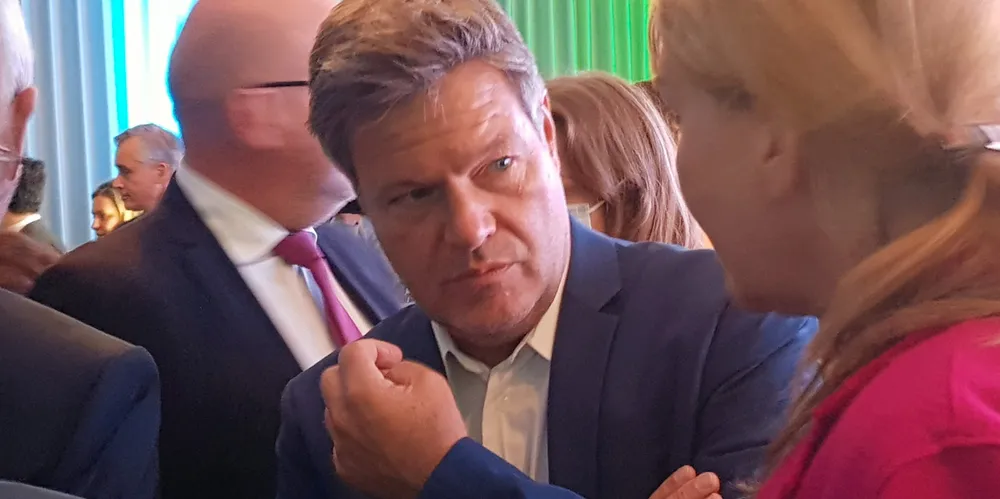'Production must stay in Europe or energy transition will swap one dependency for another'
Supply chain must actually grow to meet renewables targets, and wind should be given status of strategic industry, Germany’s Habeck and industry leaders tell WindEnergy Hamburg
